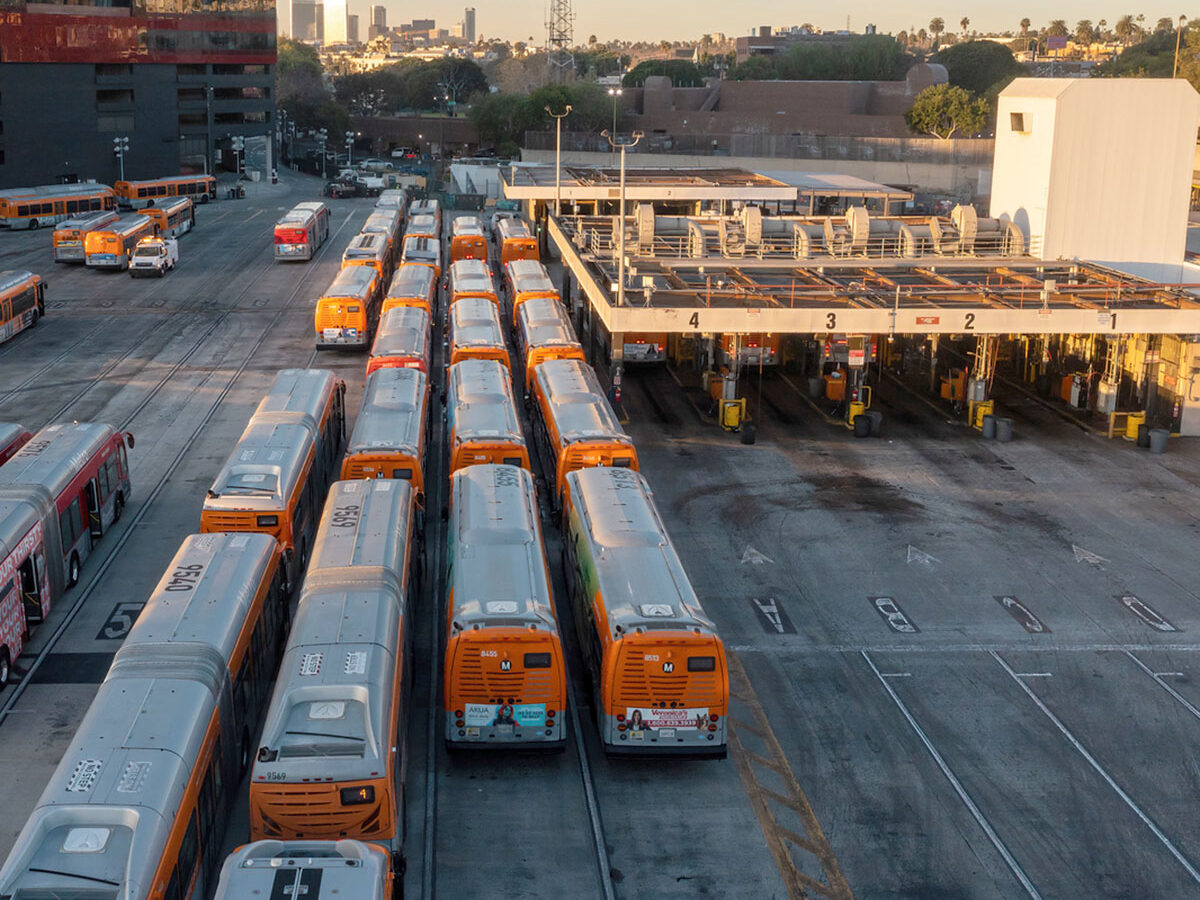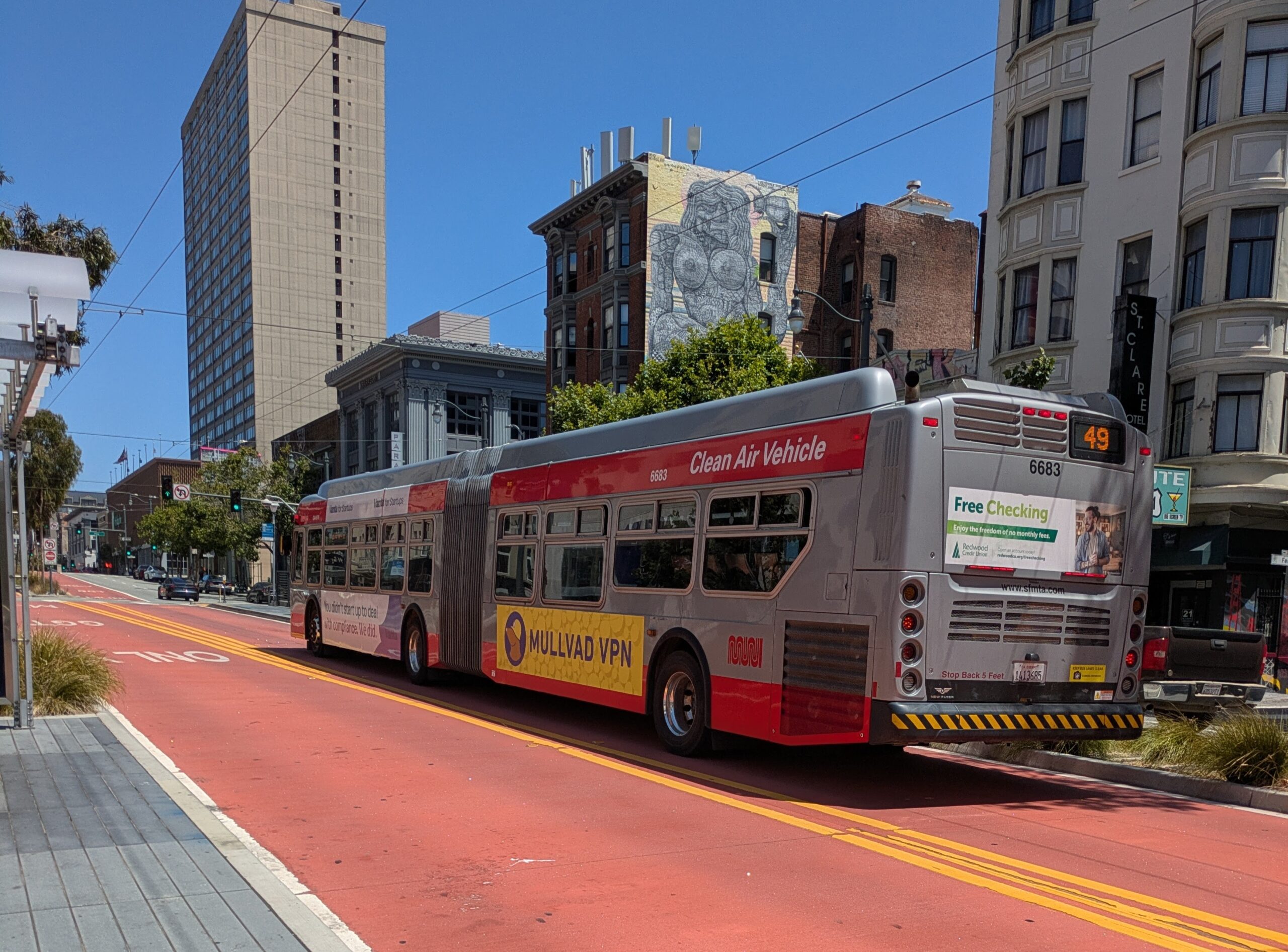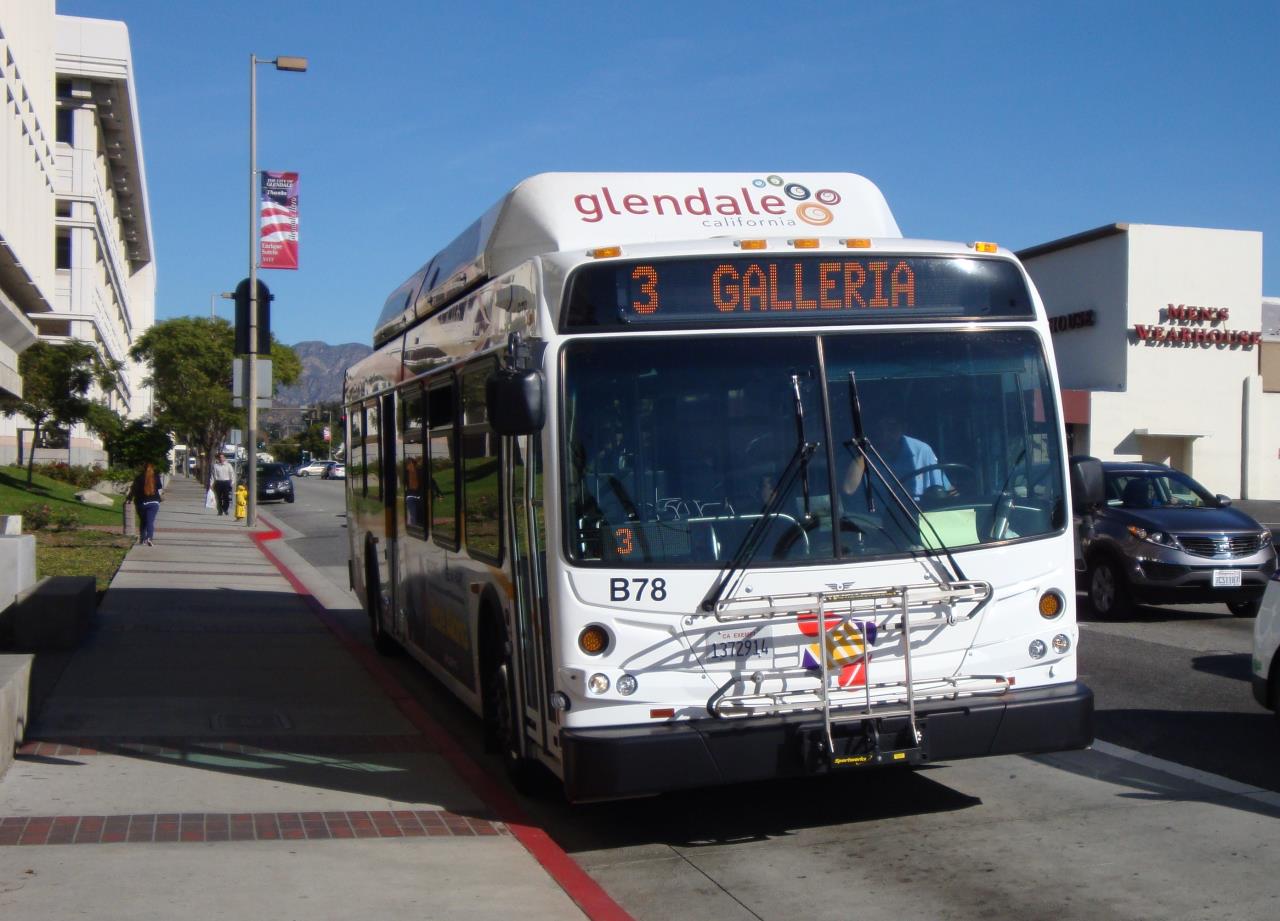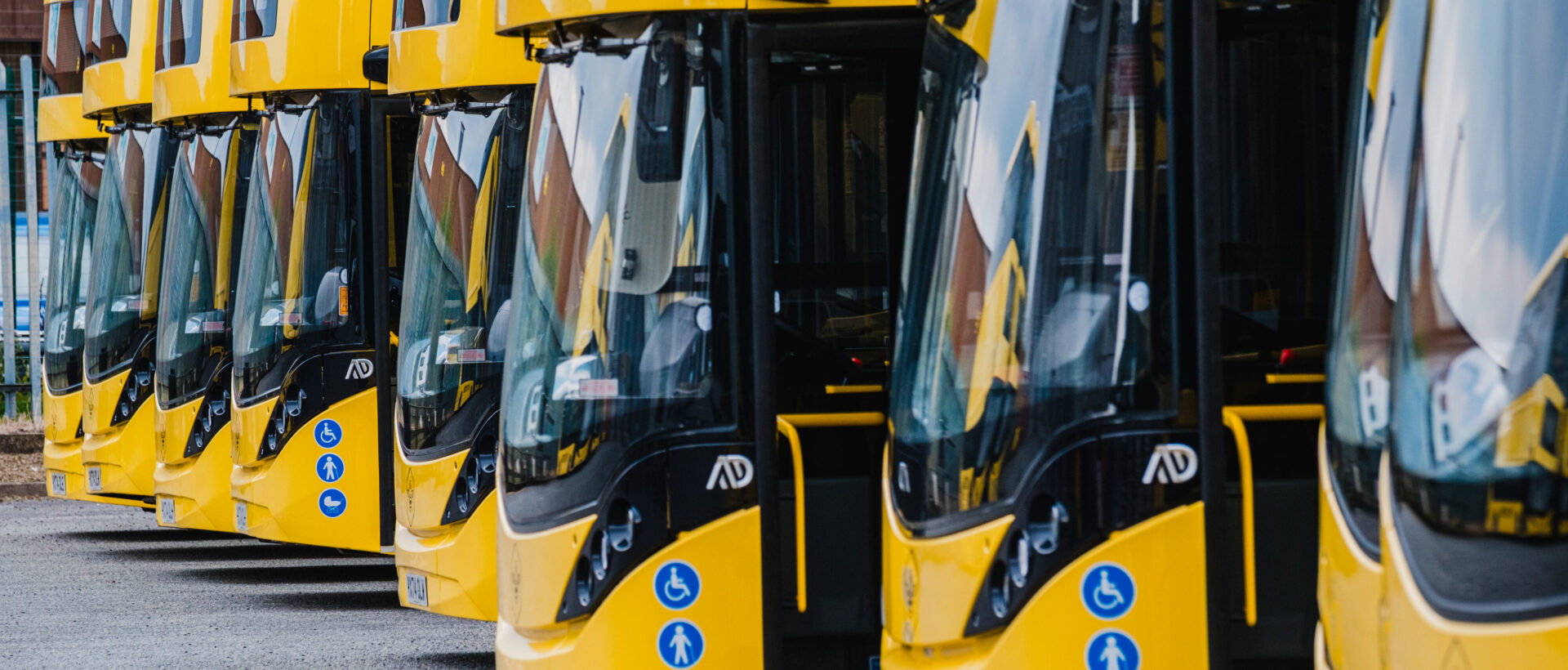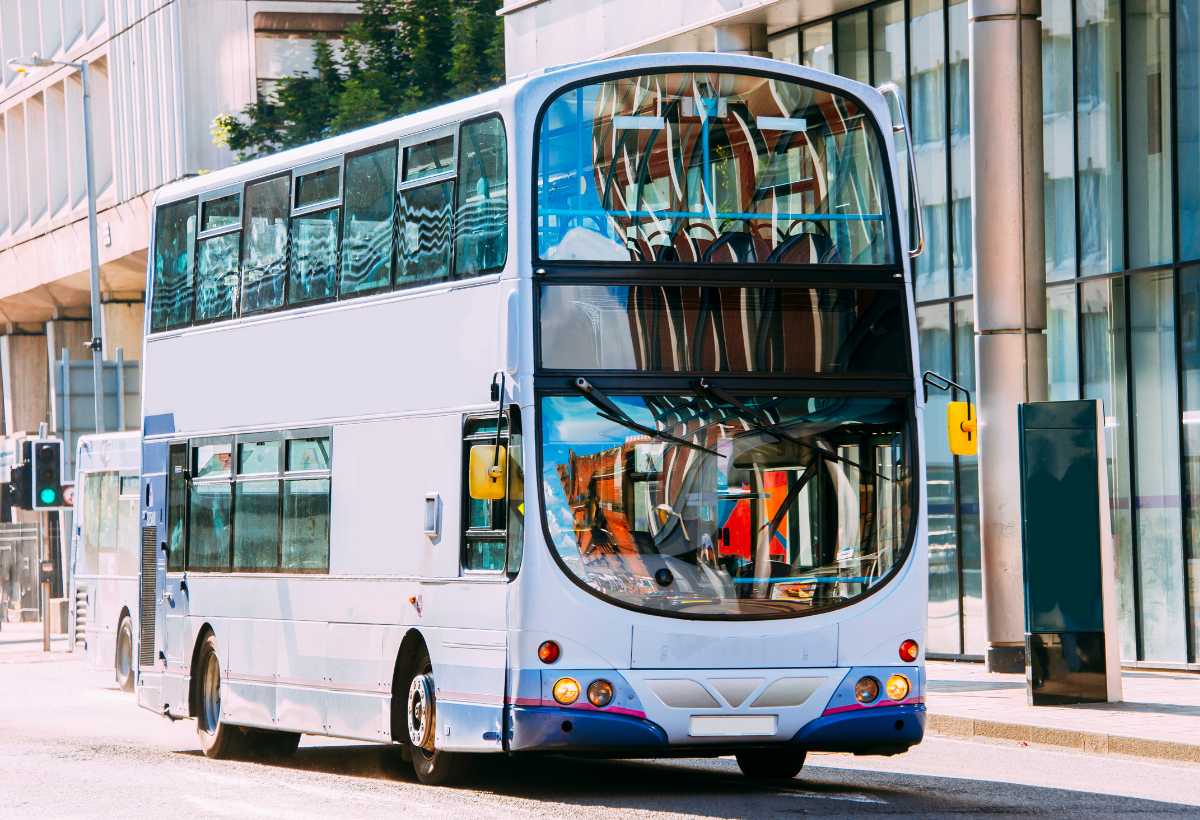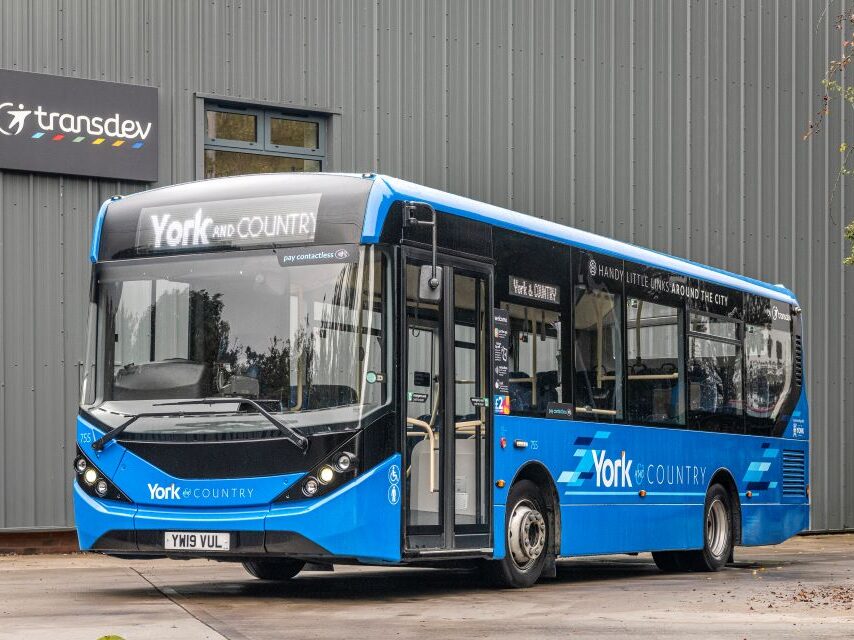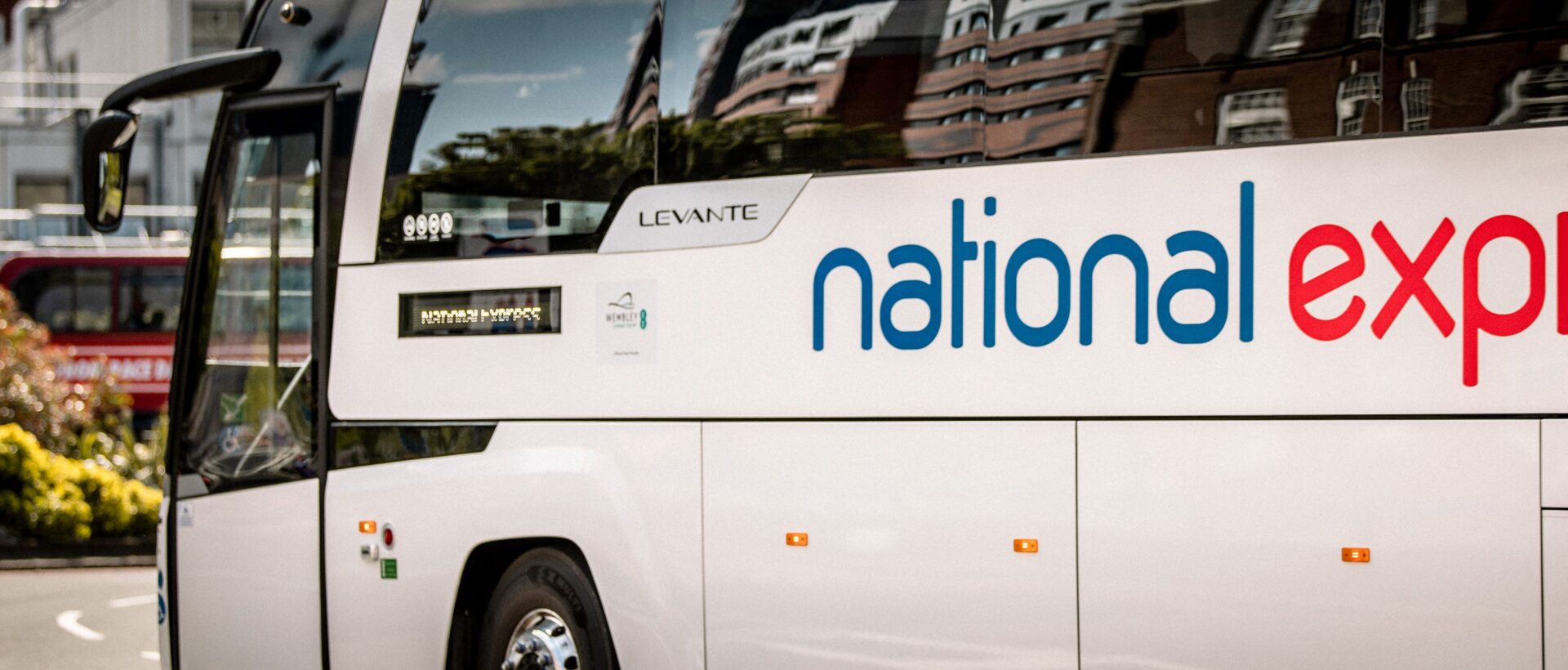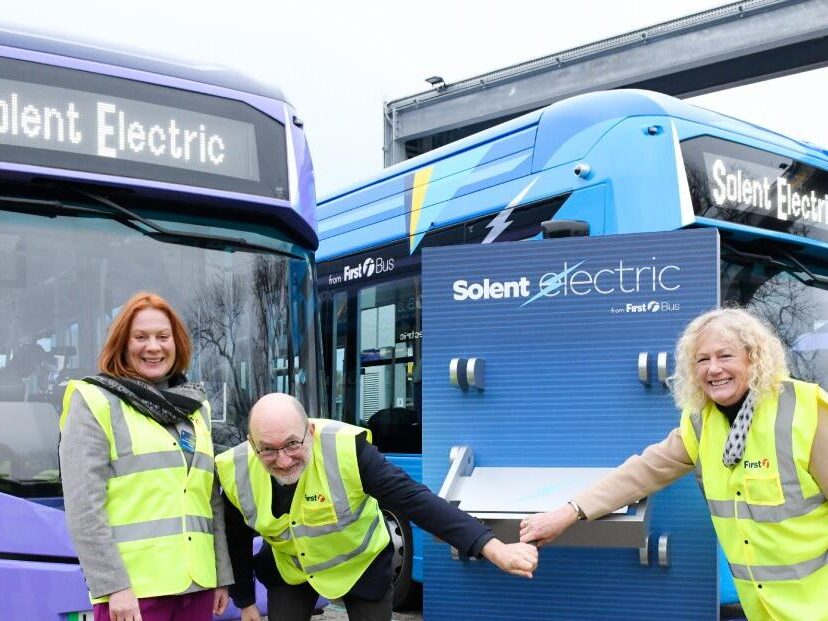As of 6 January 2025, Greater Manchester has officially transitioned all bus services back to public control, marking a significant shift in the city-region’s transport strategy.
This move, the first of its kind in England in 40 years, forms part of the Bee Network, Greater Manchester’s vision for an integrated public transport system. The initiative aims to deliver improved connectivity, affordability, and reliability while supporting economic growth and environmental targets.
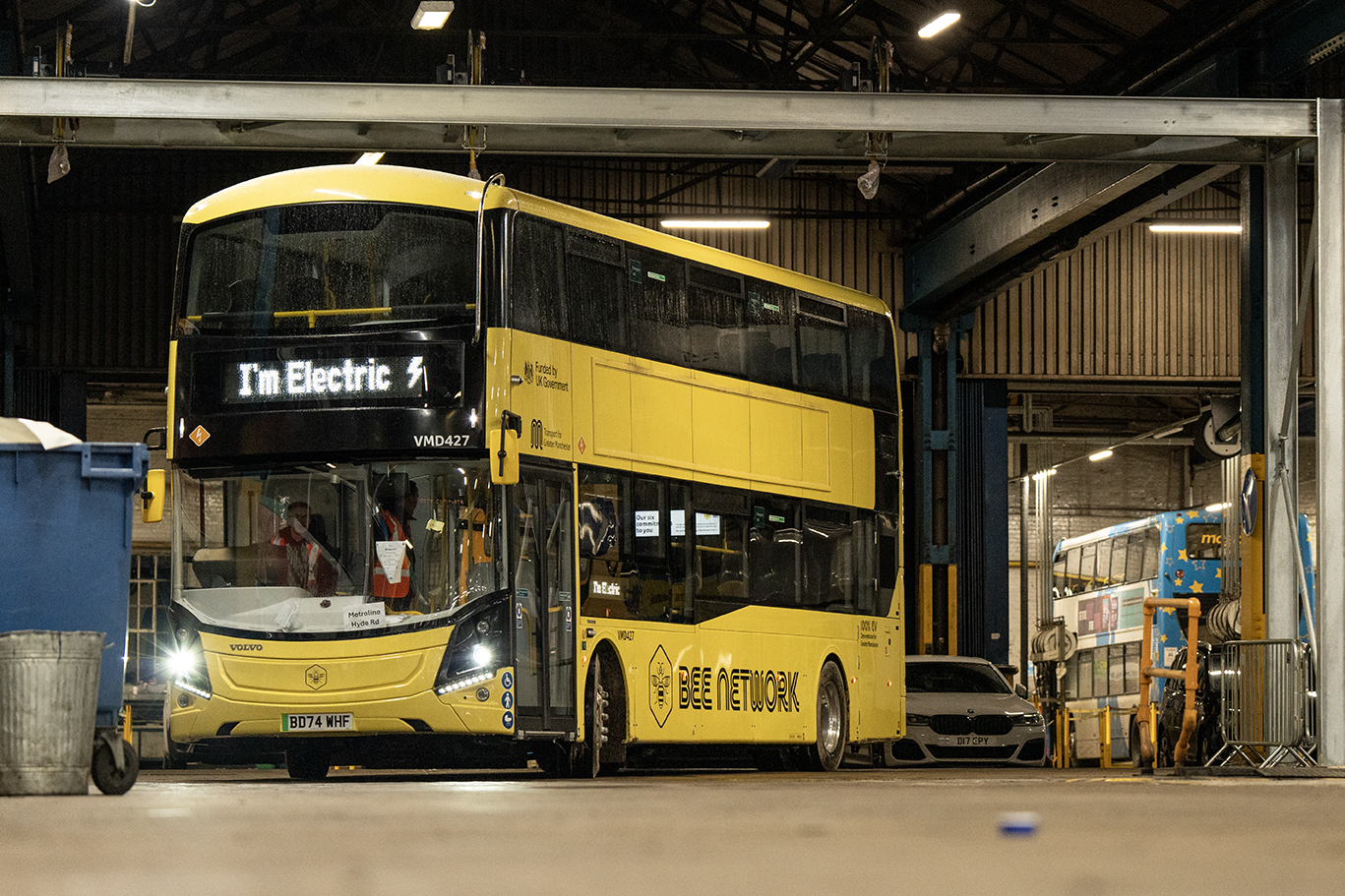
The return to local control encompasses 577 bus routes and 1,600 vehicles, carrying over 160 million passengers annually. This milestone concludes a phased approach that began in 2023, with the goal of reversing decades of decline under private deregulated operations.
By prioritising local accountability, the city-region aims to improve accessibility and service standards for residents, businesses, and communities.
Key outcomes of the transition include:
Improved Connectivity: Changes to approximately 75 routes have been implemented to ensure earlier, later, and more frequent services, alongside better connections across Greater Manchester.
Enhanced Service Reliability: Since the initial phase of the Bee Network, punctuality has risen to over 80% from around 69% previously. Efforts are ongoing to replicate these gains across the entire network.
Modernised Fleet: Over half of the buses will be new by March 2025, with 75% of the fleet less than four years old. Electric vehicles will account for 25% of the total, up from less than 1% before franchising.
Affordable Fares: A simplified fare structure includes a 2 GBP cap on single journeys, reduced ticket prices, and new options such as the “hopper” fare for multi-leg trips. Contactless fare capping for buses and trams will be introduced in March 2025.
Economic and Environmental Impact: The re-regulation of buses has generated new employment opportunities and contracts, including the production of vehicles in the UK. Passenger numbers have risen by 5% in the past year, and operational costs have decreased by a third compared to the pre-franchised market.
Environmentally, the Bee Network aligns with Greater Manchester’s commitment to achieving carbon neutrality by 2038. By encouraging the use of public transport, walking, and cycling, the network aims to reduce car dependency and cut emissions.
The initiative also includes the development of the UK’s largest cycling and walking network, with over 117km already delivered.
Future Bee Network Developments
The completion of bus franchising marks the end of phase one of the Bee Network. Attention now shifts to integrating eight commuter rail lines into the system by 2028. Plans include upgrading rail stations and expanding night bus services to enhance accessibility.
Mayor of Greater Manchester, Andy Burnham, said:This is an historic moment for Greater Manchester. We are proud to be the first area in England to complete the re-regulation of buses and to have done it on time and on budget.
From today, every community in Greater Manchester will be served by cheaper, cleaner and greener buses and run in a way which puts people before profit. We are now ready to help other areas looking to follow suit and improve their bus services after decades of decline.
Greater Manchester is currently the growth success story of the UK. We have an £80bn economy, a growing population and world-leading businesses, and our rate of growth is outstripping that of the South East. But we’ll only be able to reach our full potential, and make life better for all our residents, with a world-class public transport system.
Whilst this is a nationally significant moment that we can all celebrate, it’s by no means job done. We'll have an unrelenting focus this year on delivering a truly integrated, London-style transport system across bus, tram and train - the next chapter of the Bee Network’s story.











